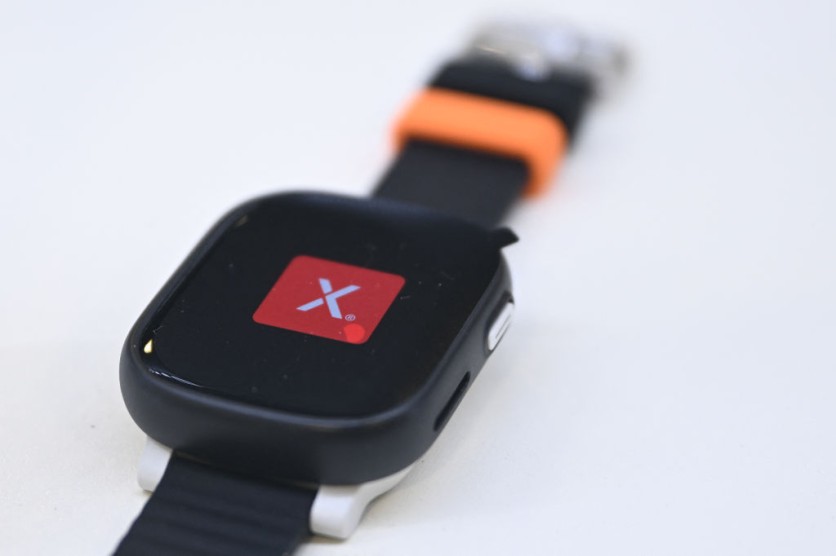Cardiac specialists are increasingly relying on smartwatches to aid in diagnosing heart problems in children, according to recent research conducted at Stanford Medicine Children's Health.
The study, published in the journal Communications Medicine on Dec. 13, reviewed medical records and found that 41 young patients had arrhythmias detected through smartwatches. Of these children, 18 recorded an ECG with their smartwatches, and 23 received notifications about high heart rates between 2018 and 2022.
Senior researcher Dr. Scott Ceresnak, a pediatric cardiologist at Stanford Medicine, expressed surprise at how often standard monitoring failed to detect arrhythmias compared to smartwatches. The study highlights the potential of modern technology to enhance patient care, especially in pediatric cases, offering benefits in ruling out serious issues.

Connor's Case
The research included the case of Connor Heinz, who, at age 12, experienced irregular heart rhythms. Standard monitoring was inadequate due to the infrequency of episodes. Dr. Ceresnak utilized a smartwatch, leading to a diagnosis of supraventricular tachycardia. The study suggests that smartwatches can be valuable in diagnosing arrhythmias in children.
While traditional cardiac diagnostic devices pose challenges for children, smartwatches offer a more accessible solution. Despite existing algorithms being designed for adults, the study emphasizes the promise of using smartwatch technology for pediatric heart monitoring.
"It's awesome to see that newer technology can really make a difference in how we're able to care for patients," Dr. Ceresnak said, as quoted by US News & World Report.
Future efforts may focus on developing kid-friendly heart-tracking algorithms, ensuring reliable and accurate data for children. Ceresnak and his colleagues want to study Apple Watches' ability to identify cardiac issues in youngsters and build pediatric-specific algorithms.
Early Detection of Heart Problem is Crucial
The Centers for Disease Control and Prevention (CDC) found that 1 in 77 American children had a cardiac ailment in 2016, totaling over 900,000. Children with cardiac disorders are more likely to need medicine, physical or speech therapy, and developmental or behavioral treatment. Almost 60% of children with existing heart conditions had special healthcare needs, significantly higher than the 20% observed among children without heart conditions.
The study emphasizes the significance of developmental screening, particularly for children with heart conditions like congenital heart defects (CHDs). Early identification through developmental screening ensures that children receive necessary services and support tailored to their specific needs. Healthcare practitioners suggest developmental assessment for all children at 9, 18, 24, or 30 months, or anytime issues emerge. Children with cardiac issues may benefit greatly from early intervention.
According to Mayo Clinic, congenital heart defect diagnostics include noninvasive cardiac function and structural testing that includes some of these methods:
- Via pulse oximetry, fingertip sensor measures blood oxygen levels to detect heart or lung disorders.
- Electrocardiogram (ECG or EKG) captures cardiac electrical activity using chest electrodes to identify irregular heart rhythms.
- Echocardiograms show cardiac blood flow and valve function using ultrasonography. Medical professionals call it fetal echocardiography if it is done before birth.
- Chest X-rays show heart and lung enlargement or fluid, indicating heart failure. A catheter is threaded through a blood artery to the heart to provide blood flow data and facilitate specific therapies.
- Cardiac magnetic resonance imaging (MRI) generates accurate 3D pictures to diagnose and evaluate congenital heart abnormalities.
Read also: : Apple Brings New Health Features for Siri on the Apple Watch-Here Are the Eligible Models

ⓒ 2025 TECHTIMES.com All rights reserved. Do not reproduce without permission.




